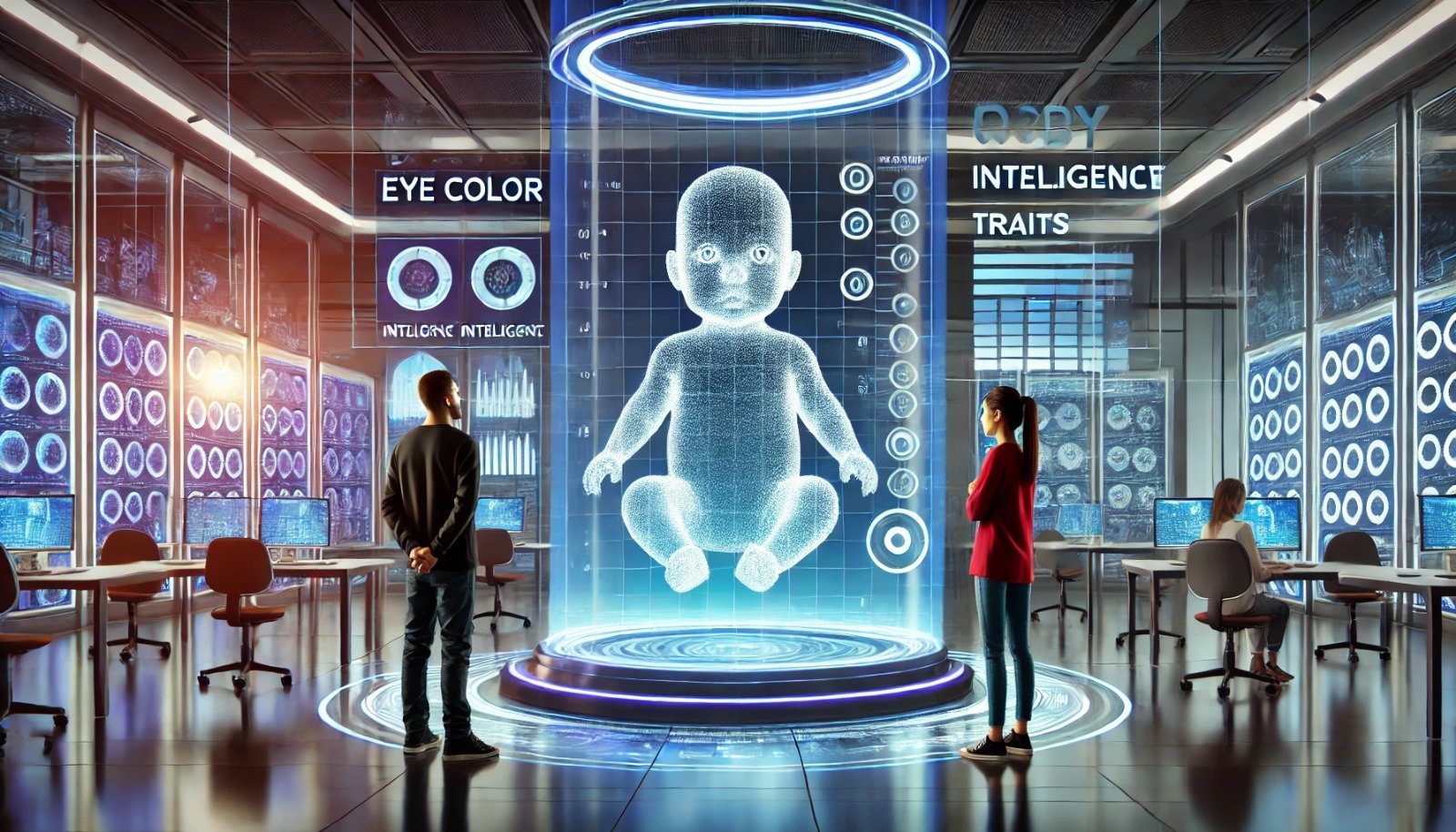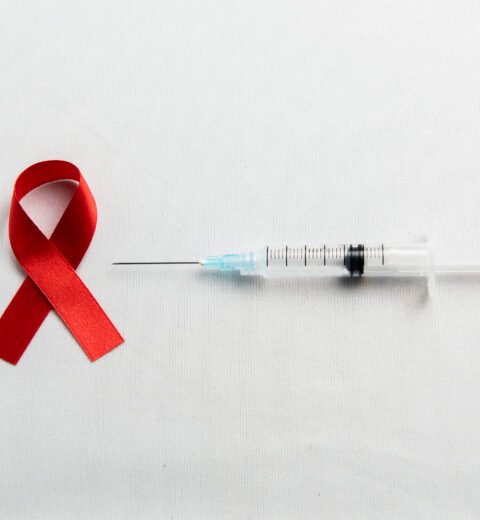Imagine a future where, as a parent, you don’t just hope your baby inherits the best of you but can actually choose their eye colour, intelligence, and even resistance to certain diseases.
Thanks to an emerging technology called in-vitro gametogenesis (IVG), this might soon become a reality. Initially developed to help infertile couples, IVG uses stem cells to create sperm and eggs in the lab, and it’s set to revolutionise reproductive treatments.
But IVG isn’t just for helping couples conceive—it’s sparking conversations about whether parents will be able to “design” their child’s characteristics, from their physical traits to intellectual abilities. Here’s what this could mean for Nigerian families living in the UK and beyond:
How IVG Works: Lab-Grown Sperm and Eggs
IVG involves taking pluripotent stem cells (PSCs)—cells that can turn into any type of cell—and transforming them into sperm or eggs. These stem cells can be sourced from embryos or even from an individual’s skin or blood cells. Researchers have already made significant progress in reconstituting human sperm and egg cells in the lab, and full reconstitution may be within reach.
If successful, IVG could allow couples—regardless of age, fertility status, or gender—to have children who are biologically related to them without needing donor sperm or eggs.
Choosing Your Baby’s Traits: Health, Intelligence, or Even Personality
While IVG could help screen embryos for genetic disorders, it could also give parents the ability to select their baby’s traits. From health to intelligence, parents could choose embryos with preferred characteristics.
However, picking certain traits might not be as easy as it sounds. For example, while traits like eye colour can be easily predicted, qualities like intelligence are shaped by a mix of genetic and environmental factors. So, while parents may be able to select embryos based on intelligence-related genes, it doesn’t guarantee a “genius” child.
Ethical Concerns: Is a ‘Designer Baby’ Market Coming?
As exciting as IVG sounds, it raises several ethical issues. Critics worry about:
- Genetic inequality: If only wealthy parents can afford these services, it might increase social divides.
- Pressure to “perfect” children: Will parents feel obligated to enhance their babies, leading to a future where natural conception is seen as less desirable?
- Discrimination against disabilities: What happens if embryos with certain conditions are eliminated? How will society view people with disabilities?
Legal and Social Challenges: Who Gets to Decide?
While full IVG for human reproduction isn’t yet possible, governments and regulators around the world are monitoring its development closely. Countries may introduce laws on what traits can and cannot be selected, and this will likely spark debate about ethics and fairness. For instance, some countries may allow genetic screening for disease prevention but ban enhancements related to traits like intelligence or appearance.
As this technology evolves, it will be important for the scientific community, lawmakers, and the public to ensure that it’s used responsibly and ethically.
A New Era or a Slippery Slope?
Although IVG is still in the early stages, its potential to revolutionise reproductive healthcare in the coming decades is huge. It could help millions of people overcome infertility, allow same-sex couples to have biological children, and reduce the risk of genetic illnesses.
As Nigerians in the UK continue to navigate challenges such as fertility and family planning, the possibilities opened by IVG could dramatically change the way we think about parenthood and the future of genetic healthcare.
This technology is still developing, but it could have a profound impact on reproductive care in the future. What do you think? Should this technology be embraced, or should there be strict limits on genetic selection? Let’s hear your thoughts!
Join Our WhatsApp Channel
Stay updated on the latest UK news, including education, health, job openings, and more for those living in the UK!
Join here: Naija UK Channel
Also, follow us on our social media channels for the latest updates and discussions:
- Twitter: @NaijaUKConnect
- Facebook: Naija UK Connect
- Instagram: @naijaukconnect




